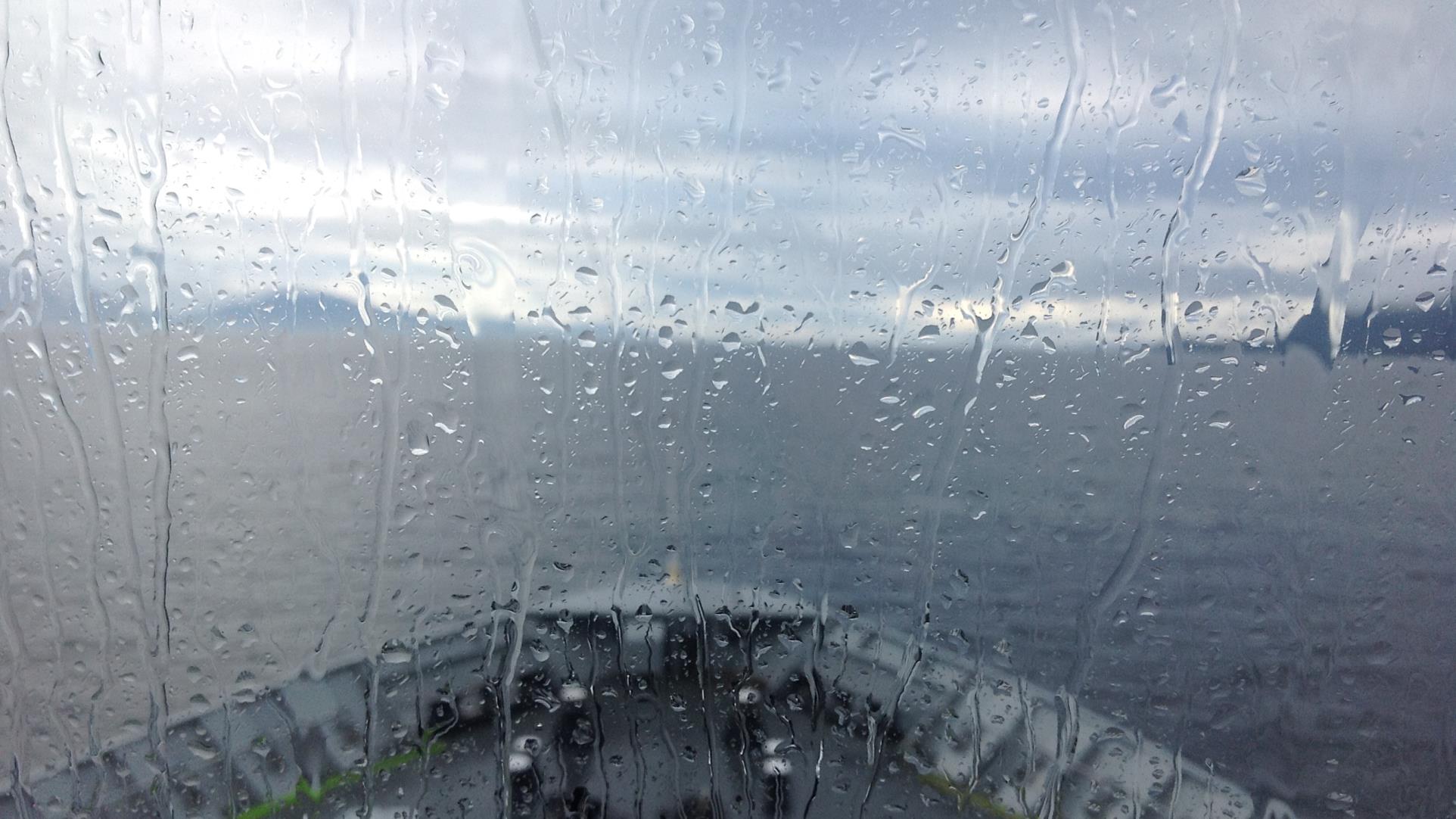PART 3: THE JOURNEY BEGINS
CHAPTER 13: All Hell Breaks Loose
Before the end of the week, Richard called to tell me that he and the other platform workers decided that they wanted to throw a party Saturday after coming home on Friday. The wives were to find a place to hold the event and plan the food. “The men will get the beer” is what he told me on the phone that night.
I contacted several of the other wives and we made plans. We reserved Fort Kenai for the gathering and began planning the food. Fort Kenai was established in 1869 by the US Army on the same site of the Russian fort founded in 1791. The fort was rebuilt in 1967 as part of the Alaska Centennial Celebrations and used for various community events.
During this time, Alaska was preparing to build the Alyeska Pipeline from Prudhoe Bay to Valdez where oil could be loaded onto tankers headed to refineries. That meant that a lot of money would be coming into the state and a lot of construction workers would be needed.
Led by Jesse Carr who was known to be the most powerful political force in the history of Alaska at the time, the Teamsters were building up union membership. During construction of the pipeline, the union had 23,000 members. By 1976, the Teamsters bought and relocated the Alaska Hospital in Anchorage and had their own doctors to take care of their members. There was talk that the powerful union wanted oil company workers on the platforms to join. Meanwhile the oil companies were pushing back against the union organizing their employees. The environment on the platforms was tense as workers were caught up in the conflict. A party was one way for them to let off steam with their pent-up emotions and to deal with the pressure.
Somehow the oil company’s management in Anchorage got wind of the get-together and showed up at the party. A lively discussion with executives turned into a heated argument, fervent enough to provoke my husband to give his two weeks’ notice right then and there.
❖
Richard found another job quickly as a roughneck on a different platform, but this time he would be working for a drilling company and not the oil company. He took a chopper to the new platform and spent his first week as a roughneck. He was part of the drilling crew under the driller’s guidance. The work was physically demanding and dangerous while making or breaking connections as the drill pipe trips in or out of the hole. When he came home at the end of the week, he had bad news. “The driller told me the word came down that he had to let me go,” Richard said, “and if he didn’t, he would be going with me.”
The next day, he began applying for work at various oil field service companies like Schlumberger and Halliburton which were looking for qualified workers. When he came home, he was furious at not having been hired. “They were looking for hands. I’d fill out application after application, but when I handed the paperwork back, they’d tear up the application and throw it in the trash.” He remarked, “That’s when I realized that I was blacklisted, and the oil companies were making an example of me.”
A platform worker had given Richard a business card for an attorney in Anchorage and recommended that he call for a consultation. Richard thought it was the right time to see an attorney.
❖
We arrived at the attorney’s office the next day. The receptionist greeted us, saying, “Yes, the attorney is expecting you. Please have a seat and I will tell him that you are here.” After a few minutes she led us into a very large conference room where the entire cadre of the firm’s attorneys were seated. When we sat down, the lead attorney explained, “Richard, we know what happened to you on the platform. We know that you were fired and that you cannot get a job with any oil service company. We know everything that happened to you on the Monopod too.”
Puzzled, Richard and I looked at each other and then Richard asked, “How do you know this? Who are you?”
The attorney replied, “We work for the Teamsters Union. The guy that gave you my card told us what happened. You’re the scapegoat. They must make an example of someone to keep all the other workers in line — no unions. You bought your homes from the oil company, and everyone stands to lose everything. You have families and the oil industry is your livelihood.”
He continued, “The word is out about you to all the oil field service companies so they’re not going to hire you. It is a threat to all of them and none of them can take the chance of losing everything. There’s a lot of money coming into Alaska right now and the oil companies don’t want any of their workers joining any unions, so they are going to play hardball.”
❖
Life had changed dramatically in the last eight months of 1973. The baby had double abdominal surgery. The oil company blacklisted Richard so he could not get a job in the industry ever again. The oil company took our home away from us that we bought from them. I had major surgery, and my husband had to have back surgery after falling at work. It took just eight months for our life to fall apart, and I sensed this was not the last of it because all hell was breaking loose.
Each event convinced me that God was punishing me, and I felt the full impact of His harsh discipline on every aspect of my life. I believed even stronger now what my father said, “God doesn’t come with a stick, but if you don’t do what God wants, He will get you.” Well, God got me but good! I was fully aware that God had more in store for me and the fear of His wrath was driving me mad.


One Comment